
Oil Keeps Splattering When You Fry? Add This One Ingredient to the Pan—No More Splashes or Sticking
Frying can be a fun and tasty way to prepare food, but the constant splattering of hot oil can be a major inconvenience. Not only can it make a mess of your stovetop and kitchen, but it can also be dangerous if the oil splashes onto your skin. Fortunately, there's a simple solution that can prevent the oil from splattering and reduce the chance of food sticking to the pan.
The secret ingredient? A little bit of salt.
How Does Salt Help with Oil Splattering?
When you heat oil in a pan, especially at high temperatures, water in the food or from the air can cause the oil to splatter. The splashes occur when the water molecules hit the hot oil, turning into steam and pushing the oil droplets outward.
Adding a pinch of salt to the oil can help prevent this from happening. Salt helps to absorb some of the moisture in the oil, reducing the chance of water coming into contact with the hot oil. This leads to less splattering and a smoother frying process.
How to Use Salt to Prevent Oil Splattering
-
Heat Your Oil: Pour the desired amount of oil into your frying pan and heat it over medium to medium-high heat.
-
Add a Pinch of Salt: Once the oil is hot, add a small pinch of salt to the pan. You don’t need much—just a pinch is enough to make a difference.
-
Proceed with Frying: Once the salt has dissolved into the oil, you can start frying your food. The salt will help keep the oil from splattering, and your food will fry more evenly without sticking.
Why Does Salt Work?
Salt works by attracting moisture, which prevents the water from escaping into the oil as steam. When you add salt to the hot oil, it helps absorb some of the moisture from the food, which can reduce the intense reactions that cause splattering. This is especially useful when frying foods with a high water content, like vegetables, chicken, or fish.
Additional Tips to Prevent Oil Splattering and Sticking
-
Dry Your Food: Before frying, make sure the food is as dry as possible. Excess moisture on the surface of the food can cause more splattering when it meets the hot oil. Use a paper towel to pat dry meat, vegetables, or anything you're about to fry.
-
Use a Splatter Guard: If you're concerned about splattering, using a splatter guard or lid can help keep the oil contained. It allows steam to escape while protecting the surrounding area from oil splashes.
-
Avoid Overcrowding the Pan: Overcrowding the pan can lead to uneven cooking and more splattering. Fry food in batches, leaving space between the pieces so they cook evenly and the oil can circulate properly.
-
Choose the Right Oil: Some oils are more prone to splattering than others. Oils with higher smoke points, like canola oil, vegetable oil, or peanut oil, are ideal for frying because they can withstand higher temperatures without breaking down or splattering as much.
-
Control the Temperature: Make sure the oil is at the right temperature before you start frying. If the oil is too hot, it can cause excessive splattering. If it’s too cold, the food will absorb too much oil and become greasy. A good rule of thumb is to heat the oil to around 350°F (175°C) for most frying applications.
Conclusion
Frying doesn’t have to be a messy or dangerous task. By adding just a pinch of salt to the oil, you can significantly reduce splattering and make the process safer and cleaner. Combine this simple trick with other frying tips, like drying your food and using a splatter guard, and you’ll have a more enjoyable frying experience without the worry of hot oil splashing everywhere. Enjoy your crispy, perfectly cooked meals with ease!
News in the same category

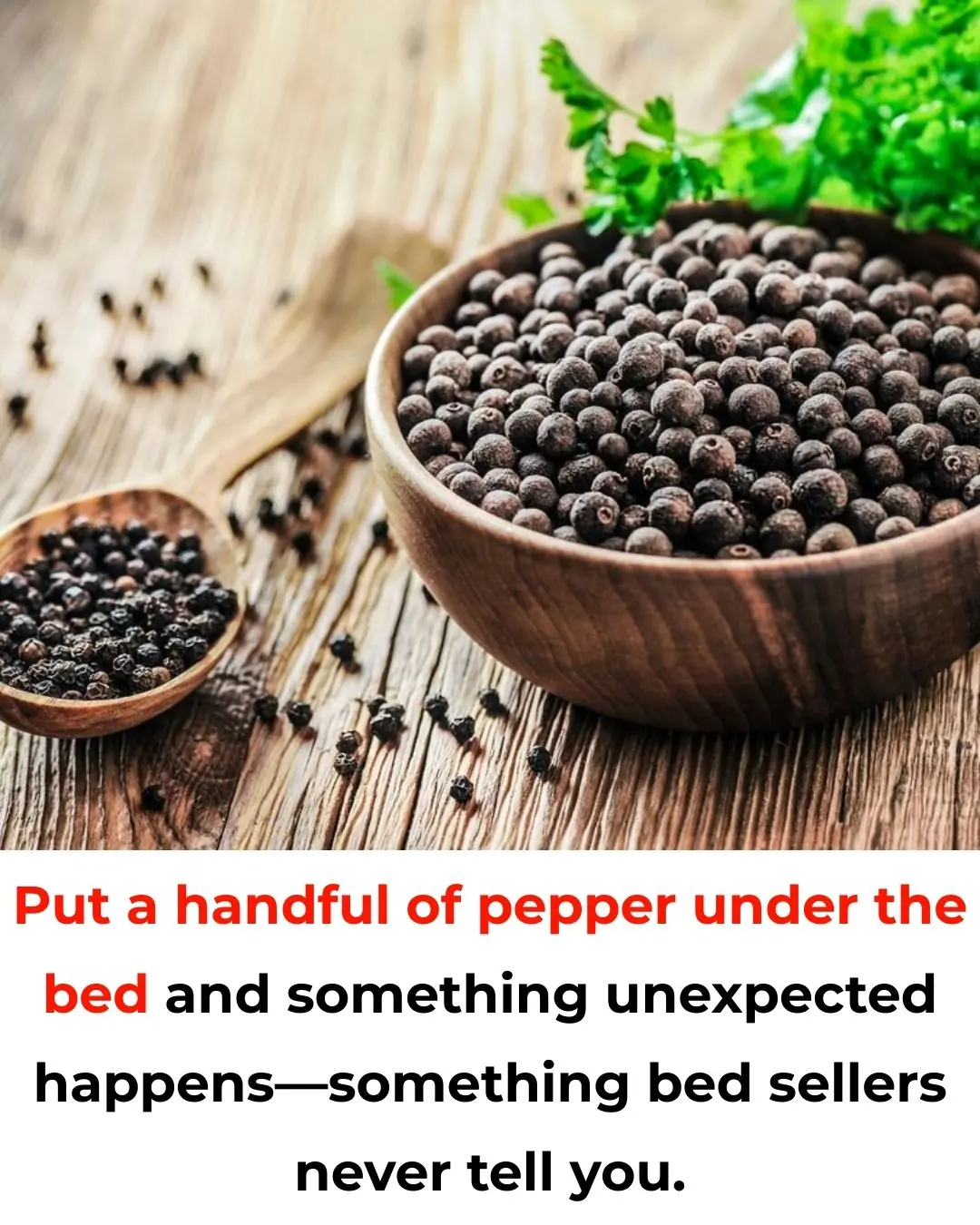
Put a Handful of Pepper Under the Bed and Something Unexpected Happens—Something Bed Sellers Never Tell You
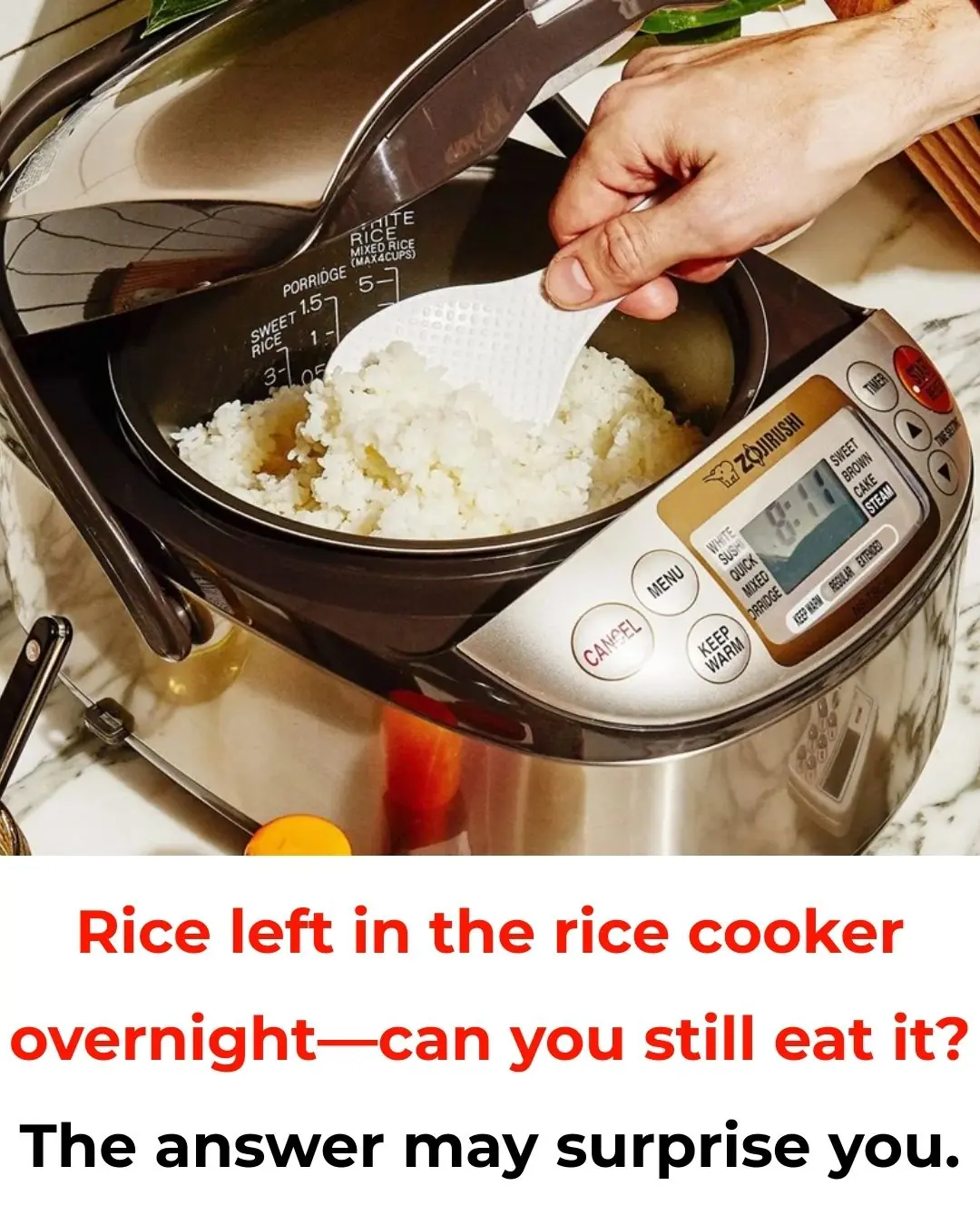
Rice Left in the Rice Cooker Overnight—Can You Still Eat It? The Answer May Surprise You

Clogged Kitchen Sink Drain? Don’t Rush to Call a Plumber—Try This to Clear It and Eliminate Odors

Should You Seal the Room When Running the Air Conditioner? Five Errors That Can Double or Triple Your Power Usage

Using an Electric Kettle: 9 Out of 10 Homes Make This Common Mistake – It’s Worth Reminding Family to Correct It Early
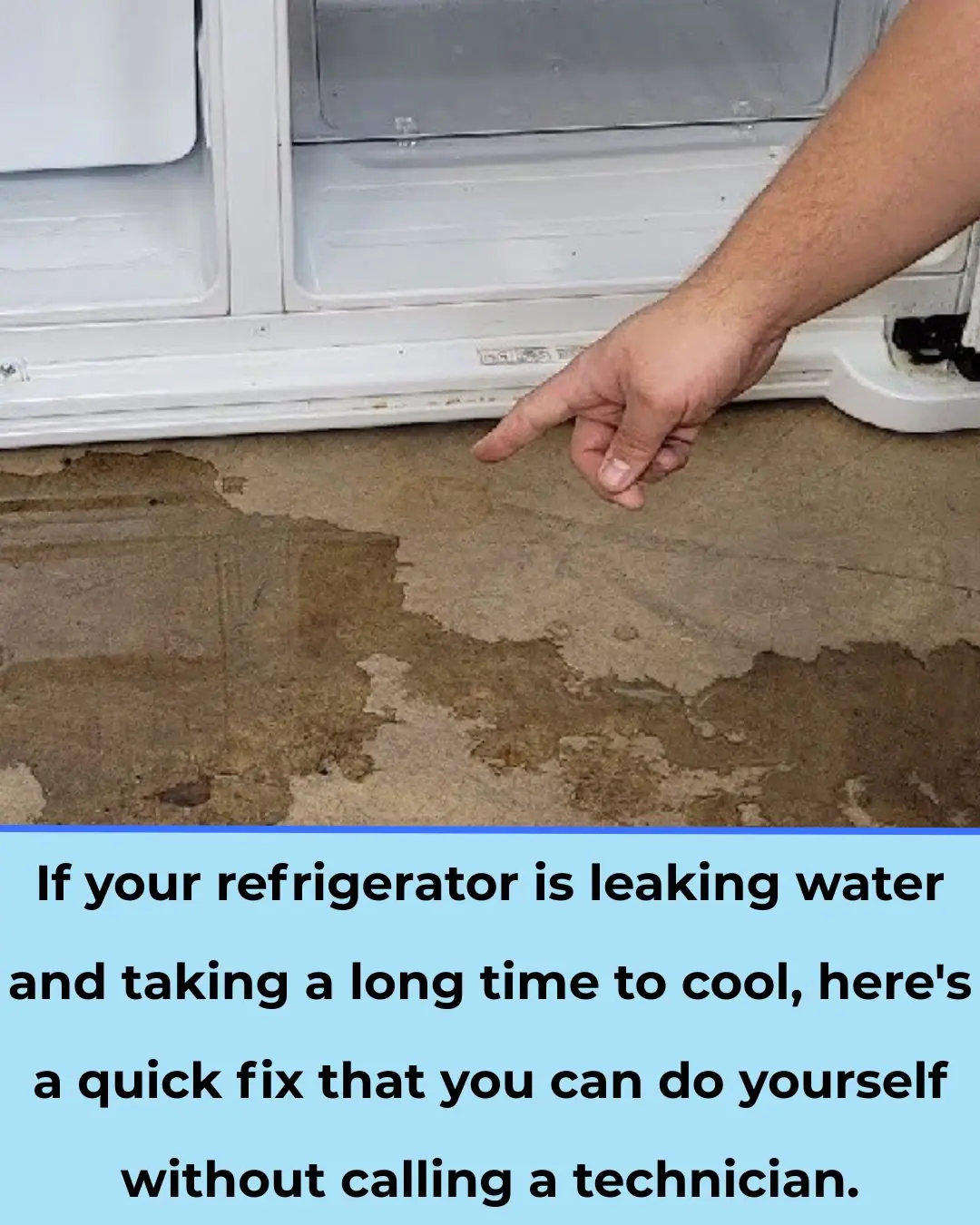
Fridge leaking water and cooling slowly? Do this quick DIY before calling a tech

If your white walls are dirty, don’t use water—try this 5-minute “dry-clean” trick
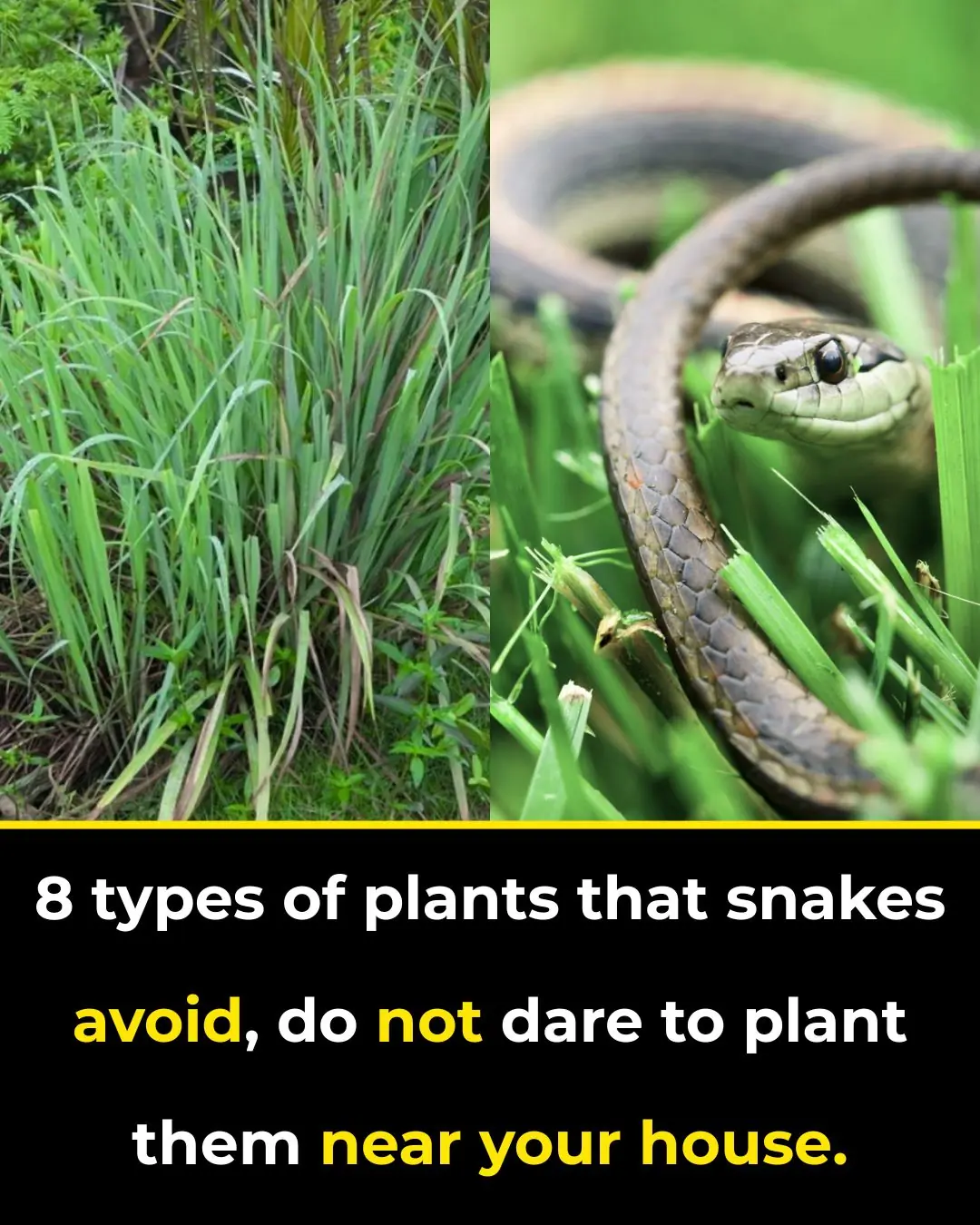
8 types of plants that snakes avoid, do not dare to plant them near your house.
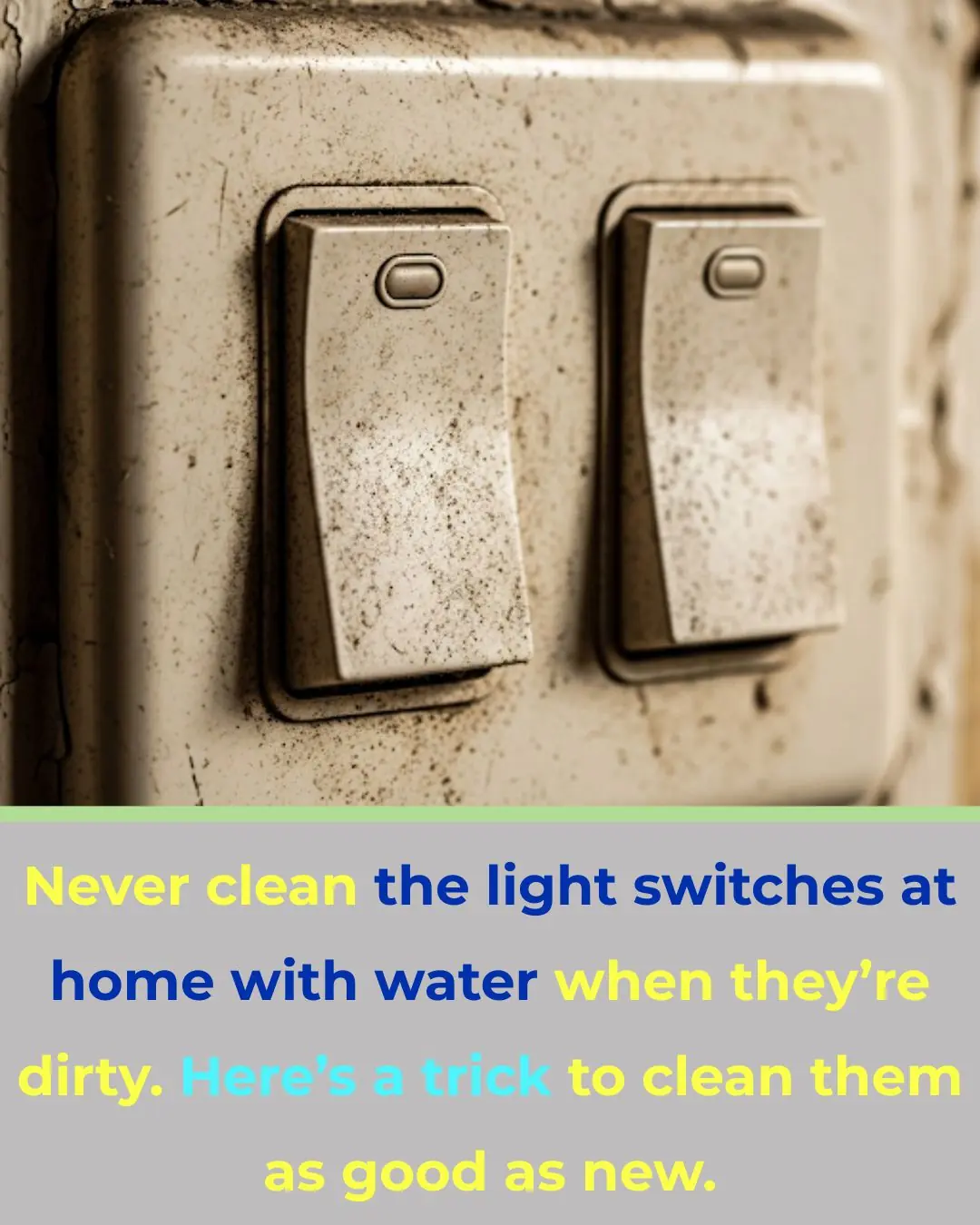
Never clean light switches with water—use this safe, foolproof method instead
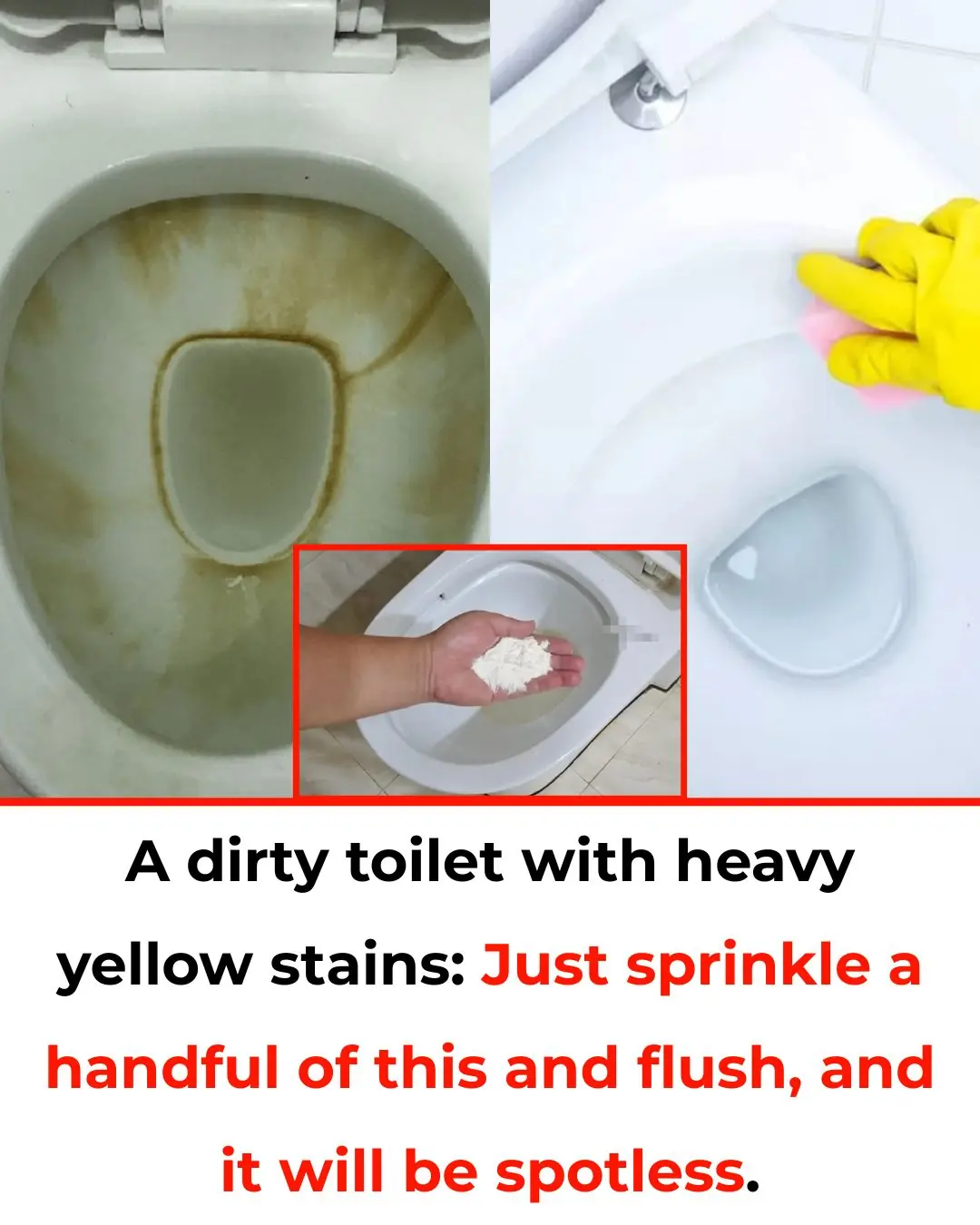
A dirty toilet with heavy yellow stains? Sprinkle a handful of THIS and flush (the safe way to make it spotless)

Don’t wear these two types of slippers on the plane—they can compromise your safety

Moldy, peeling walls—simple, cost-effective fixes any home can do

No matter how rich you are, don’t place these 4 items next to the TV — or you’ll face many disadvantages

The Secret Ingredient for a Dust-Free Home for a Whole Week
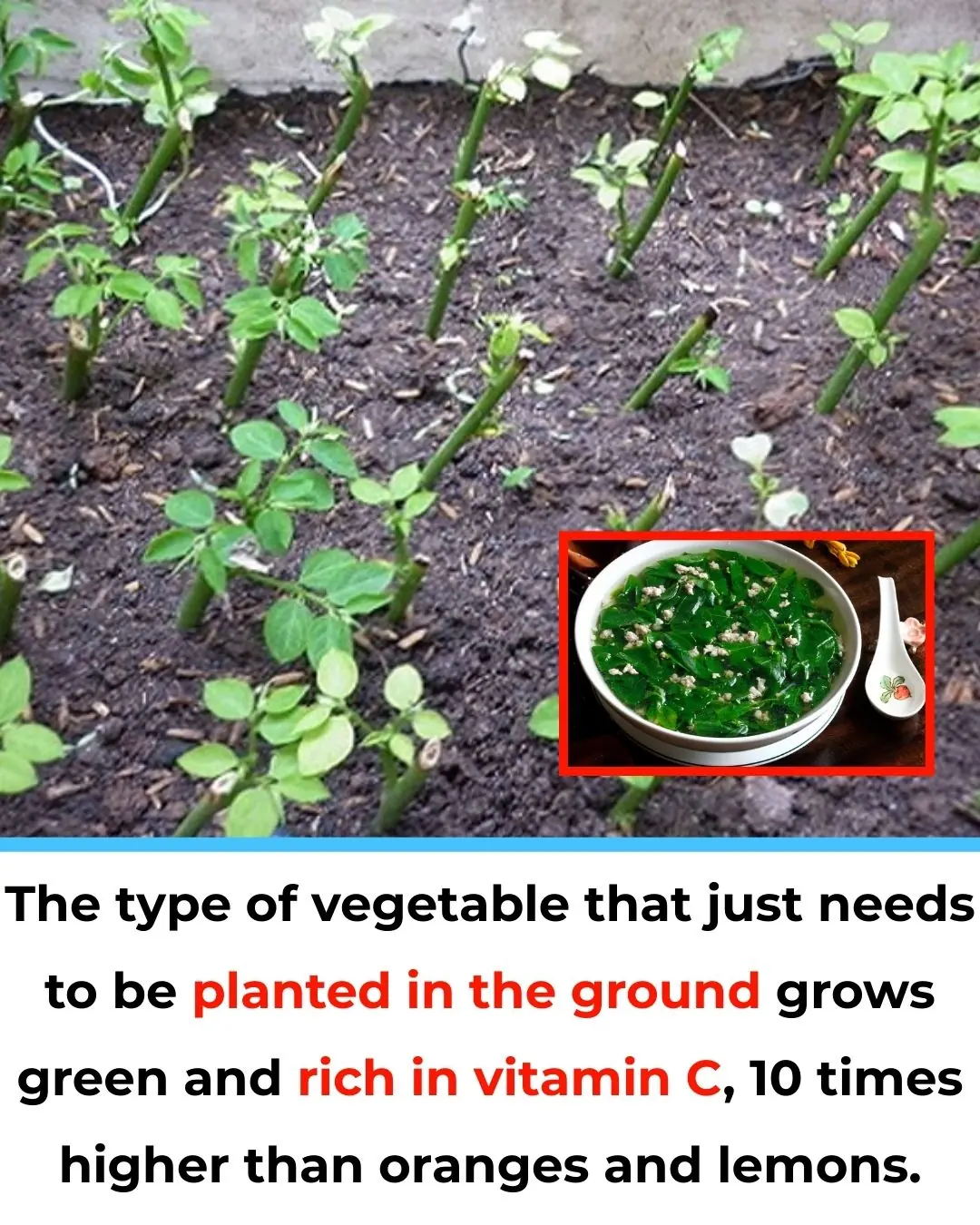
The Super Vegetable That Grows Green and Is Packed with Vitamin C—10 Times More Than Oranges and Lemons!

Why Smart People Keep This Jar in the Bathroom: The Surprising Benefits You Need to Know

The Hidden Function of the Small Hole in Your Sink: Why It's Actually Essential
News Post

Rob Gronkowski forgot he invested $69,000 in Apple and ten years later the value has completely changed his net-worth

Scientists discover that powerful side effect of Ozempic could actually reverse aging
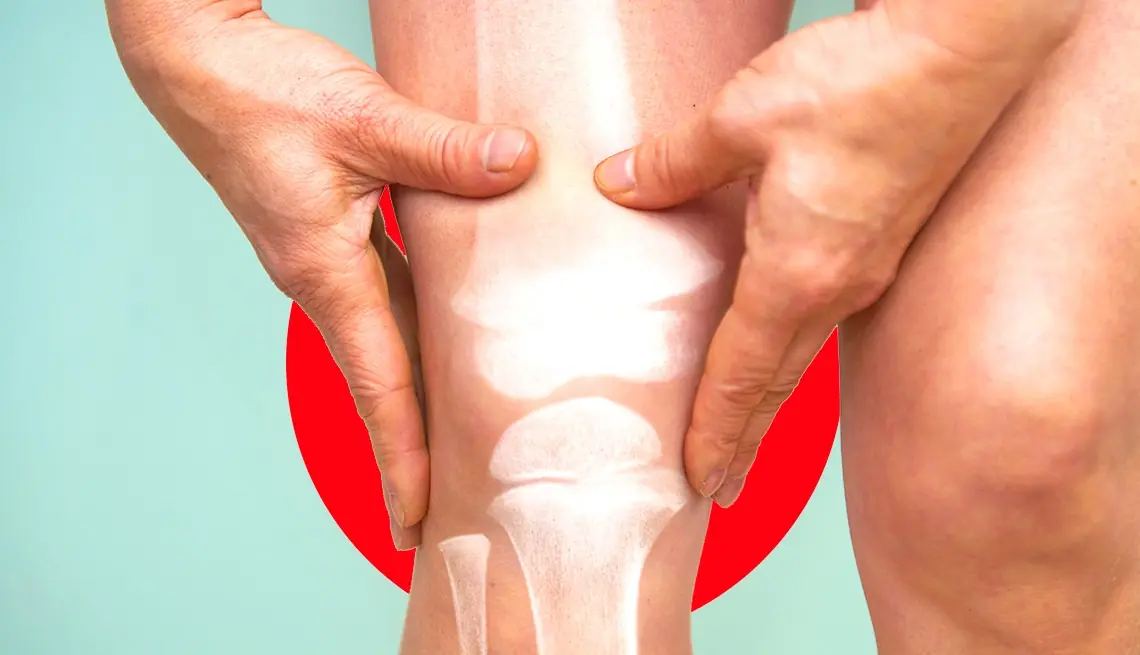
5 Common Habits That Are Slowly Destroying Your Knees Right Now

14 Powerful Benefits of Walking That Completely Change Your Body and Mind

These 5 Foods Are Fueling Cancer in Your Body. Number 1 Will Surprise You

8 Common Reasons For Waking Up at Night
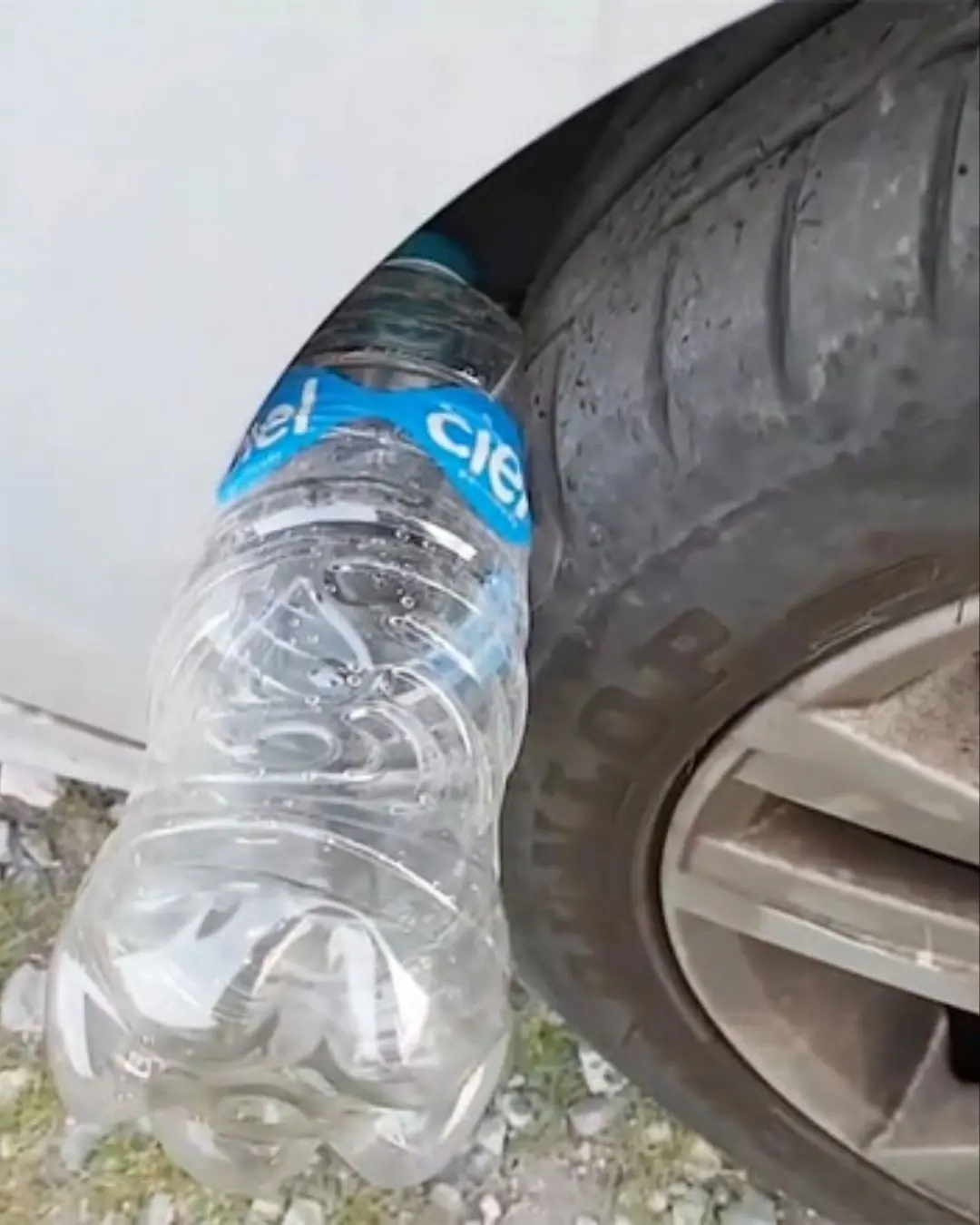
Beware of the Plastic Bottle Scam: A New Car Theft Tactic

Scientists warn ancient Easter Island statues could vanish in a matter of years

NASA astronaut describes exactly what space smells like and it's not what you'd expect

Don’t Clean the Fridge with Plain Water—Mix This In and It’ll Be Spotless and Odor-Free

Put a Handful of Pepper Under the Bed and Something Unexpected Happens—Something Bed Sellers Never Tell You

Rice Left in the Rice Cooker Overnight—Can You Still Eat It? The Answer May Surprise You

Clogged Kitchen Sink Drain? Don’t Rush to Call a Plumber—Try This to Clear It and Eliminate Odors

Washing Machine Loud and Shaking During Spin? Don’t Rush to Call a Technician—Do This and It’ll Run Smoothly

Should You Seal the Room When Running the Air Conditioner? Five Errors That Can Double or Triple Your Power Usage

Using an Electric Kettle: 9 Out of 10 Homes Make This Common Mistake – It’s Worth Reminding Family to Correct It Early
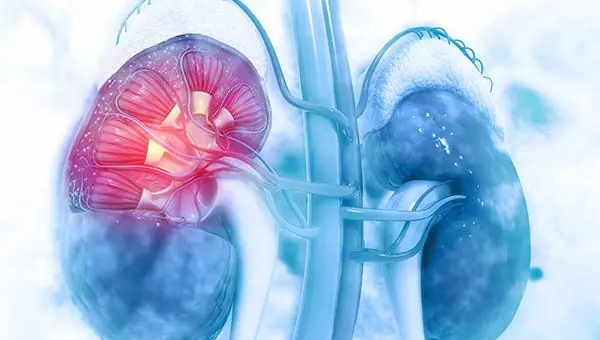
Early Signs of Kidney Disease and How to Protect Your Kidneys (Evidence-Based)

Colon Cleansing with Kefir and Flaxseed: A Natural Approach
